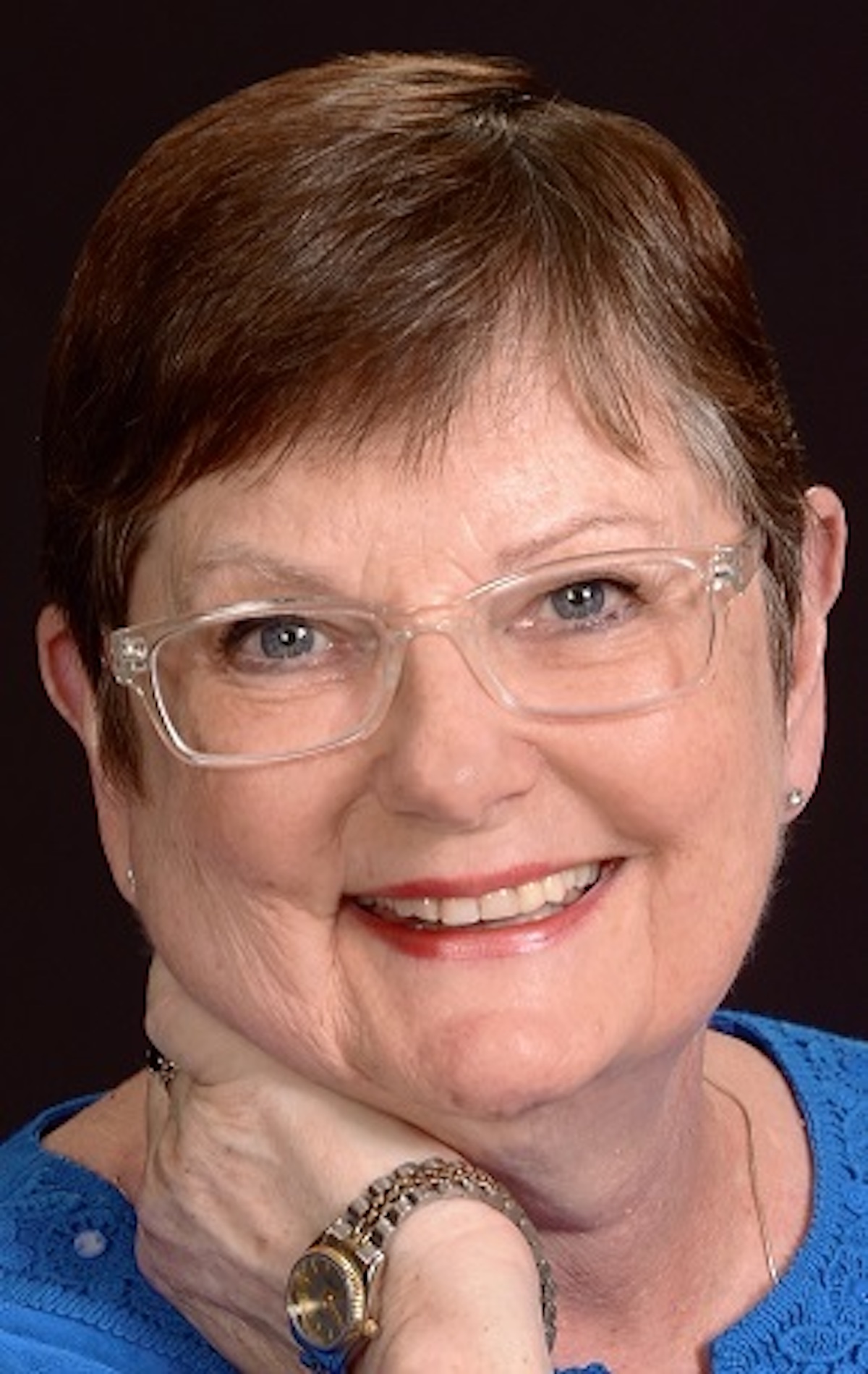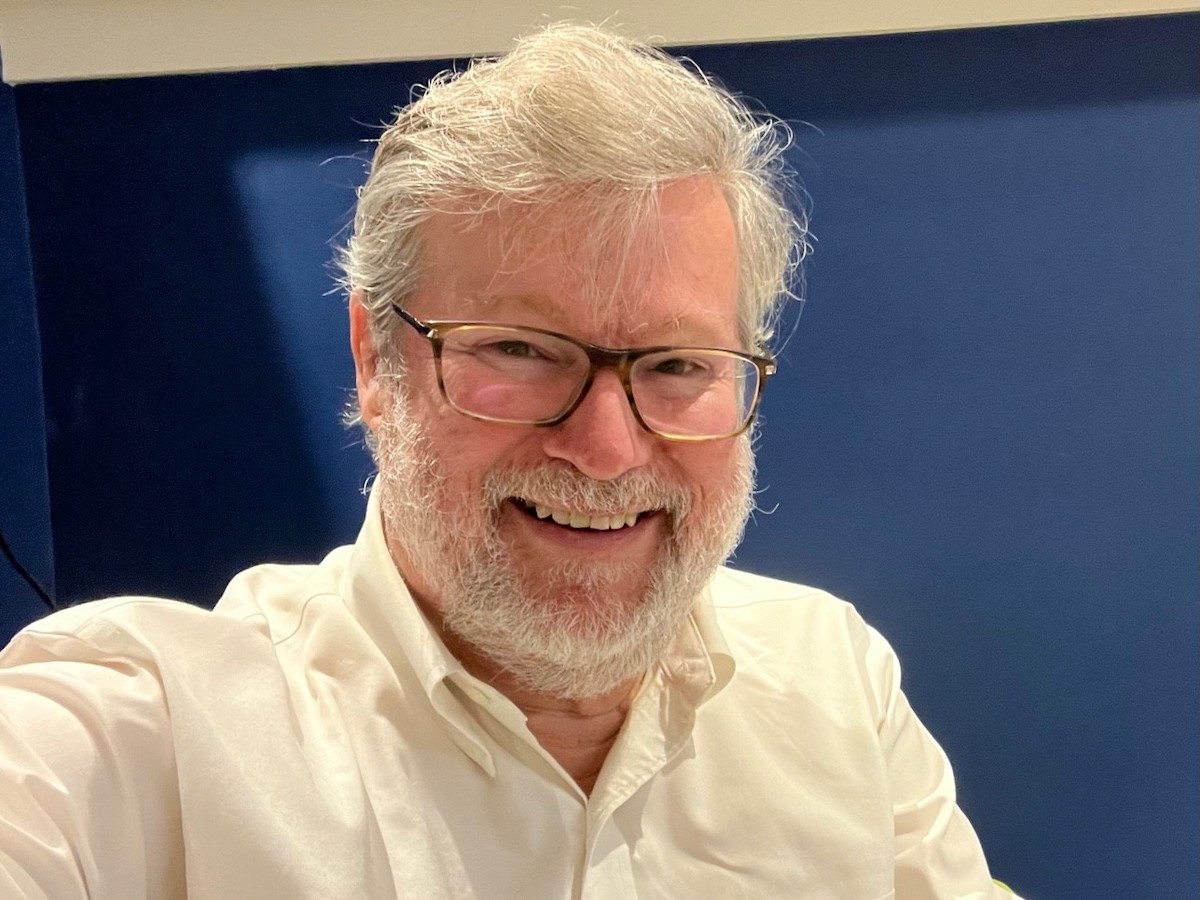By Tim Scott
Restoring hope and opportunity is critical to lifting up our communities who feel like they have been left behind. We have people all across the country living paycheck to paycheck who are forced to make choices no family should, like whether they should pay for heat in the winter or purchase necessary medications.
Our country has witnessed underemployment rates soar, high school graduation rates drop and poverty numbers remain stagnant.
With more than 50 million individuals living in distressed communities, we must do more to help those who cannot help themselves. We can begin to lift these folks up by working together to create a system that leads to good paying jobs and brightens the path ahead for so many of our hardworking Americans.
In South Carolina alone, we have about one million people stuck in distressed communities. That means 30 percent of South Carolina’s population live in distressed ZIP codes; 46 percent of adults living in these locations are not working; and 15 percent of them who are 25 years and older haven’t earned a high school diploma.
These numbers are truly devastating.
My family struggled when I was growing up in North Charleston. I had a loving mother who worked 18-hour days to take care of our family. Despite her best efforts to keep us afloat, I still went to school with holes in my shoes.
It is thanks to her guidance, and the mentorship of an inspiring leader I met while I was in high school, that I found a way to break through the constraints of poverty.
I believe that every American, regardless of their background, race or socioeconomic status, should have the same opportunity to succeed — because every single one of us has immense God-given potential.
That is why I teamed up with a bipartisan group of lawmakers, who also share this goal and passion, to reintroduce the Investing in Opportunity Act (IIOA).
This legislation, originally cosponsored by Sen. Cory Booker, D-NJ, Rep. Pat Tiberi, R-Ohio, and Ron Kind, D-Wisc., will incentivize investment in economically distressed communities in every state, without creating a new government program.
By encouraging the creation of geographically-targeted funds, the bill creates new channels for investment in small businesses, supporting entrepreneurs, developing blighted properties, investing in local infrastructure projects and other activities to create new opportunities for local residents.
If signed into law, IIOA would remove barriers to investment through a temporary capital gains deferral in exchange for reinvesting in distressed communities. It will provide a new way for investors across the nation to pool resources through newly-created Opportunity Funds, established specifically for making investments in distressed communities, which would be located in Opportunity Zones designated by state governors.
The intent is to encourage investors to make long-term commitments to these communities by tying incentives to long-term change.
Our most vulnerable communities across the country lack opportunities, investment potential and tangible growth. Businesses are closing and we are facing a shortage of entrepreneurs. We want to revolutionize how we help some of our most financially distressed neighborhoods.
My hope is the IIOA will reinvest private sector dollars back into helping everyday Americans improve their quality of life.
Tim Scott is a United States senator representing South Carolina.





